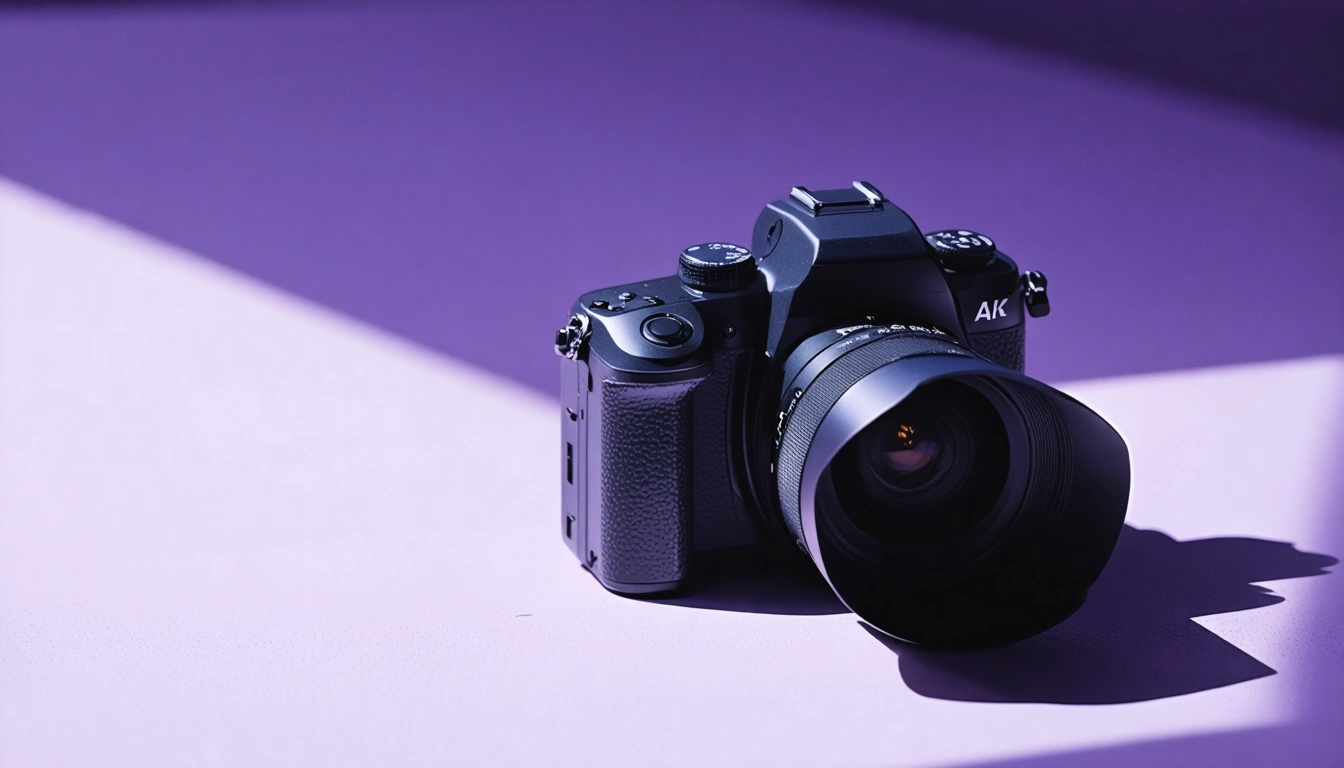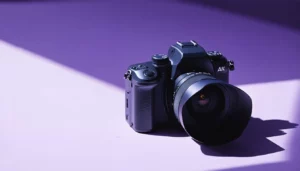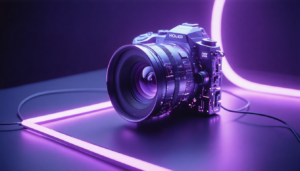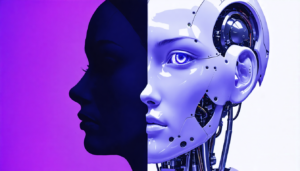In recent years, the world of photography has been revolutionized by the advent of artificial intelligence (AI). As AI-generated images become increasingly sophisticated and ubiquitous, we find ourselves at the crossroads of creativity and ethics. This article delves into the ethical considerations surrounding AI-generated photography and explores how we can navigate this new frontier responsibly.
The Rise of AI in Photography
AI has made significant inroads into various aspects of photography, from enhancing image quality to creating entirely new images from textual descriptions. Tools like DALL-E, Midjourney, and Stable Diffusion have democratized image creation, allowing anyone with an internet connection to generate stunning visuals. However, this technological leap forward comes with its own set of ethical challenges.
Ethical Concerns in AI-Generated Photography
Authenticity and Representation
One of the primary concerns with AI-generated images is the question of authenticity. As these images become more realistic, it becomes increasingly difficult to distinguish between AI-generated content and actual photographs. This blurring of lines raises important questions about representation and reality in visual media.
- How do we ensure transparency about the origin of images?
- What are the implications for journalism and documentary photography?
- How might AI-generated images affect our perception of beauty standards and cultural representation?
Copyright and Ownership
The issue of copyright in AI-generated images is complex and largely uncharted territory. AI models are trained on vast datasets of existing images, raising questions about the rights of the original creators.
- Who owns the rights to an AI-generated image?
- How do we protect the intellectual property of photographers whose work is used to train AI models?
- What legal frameworks need to be developed to address these new forms of creation?
Bias and Fairness
AI models can inadvertently perpetuate and amplify existing biases present in their training data. This can lead to issues of misrepresentation and unfairness in AI-generated images.
- How can we ensure diverse and fair representation in AI-generated images?
- What steps need to be taken to identify and mitigate bias in AI models?
- How might AI-generated images impact societal perceptions and stereotypes?
Environmental Impact
The training and operation of large AI models require significant computational resources, which in turn have environmental implications.
- How can we balance the benefits of AI in photography with environmental concerns?
- What strategies can be employed to reduce the carbon footprint of AI image generation?
Navigating the Ethical Landscape
As we grapple with these ethical considerations, several approaches can help us navigate this new frontier responsibly:
Transparency and Disclosure
Implementing clear guidelines for disclosing when an image is AI-generated can help maintain trust and authenticity in visual media. This could involve watermarks, metadata, or standardized labeling practices.
Developing Ethical Guidelines
The photography and AI communities should work together to develop comprehensive ethical guidelines for the creation and use of AI-generated images. These guidelines could address issues of consent, representation, and fair use.
Education and Awareness
Educating both creators and consumers about the capabilities and limitations of AI in photography is crucial. This includes fostering critical thinking skills to evaluate the authenticity and context of images.
Legal and Regulatory Frameworks
As technology outpaces current laws, there’s a need for updated legal and regulatory frameworks that address the unique challenges posed by AI-generated imagery.
Inclusive Development
Ensuring diverse representation in the development of AI models and tools can help mitigate issues of bias and promote fair representation in AI-generated images.
Conclusion
AI-generated photography represents a fascinating and powerful new frontier in visual creation. However, with great power comes great responsibility. By thoughtfully addressing the ethical considerations surrounding this technology, we can harness its potential while safeguarding the integrity of photography as an art form and a medium of truth.
As we move forward, it’s crucial that photographers, AI developers, ethicists, and policymakers work together to create a framework that allows for innovation while respecting ethical boundaries. The future of photography is undoubtedly intertwined with AI, and it’s up to us to ensure that this future is one that we can all be proud of.
By navigating these ethical considerations with care and foresight, we can create a world where AI-generated photography enhances rather than diminishes the power and beauty of visual storytelling.






